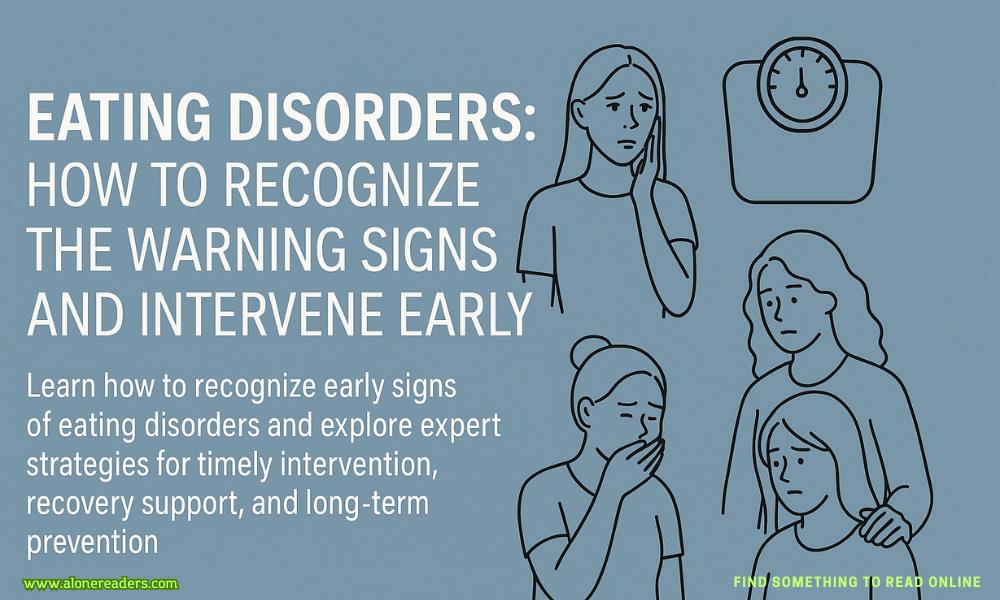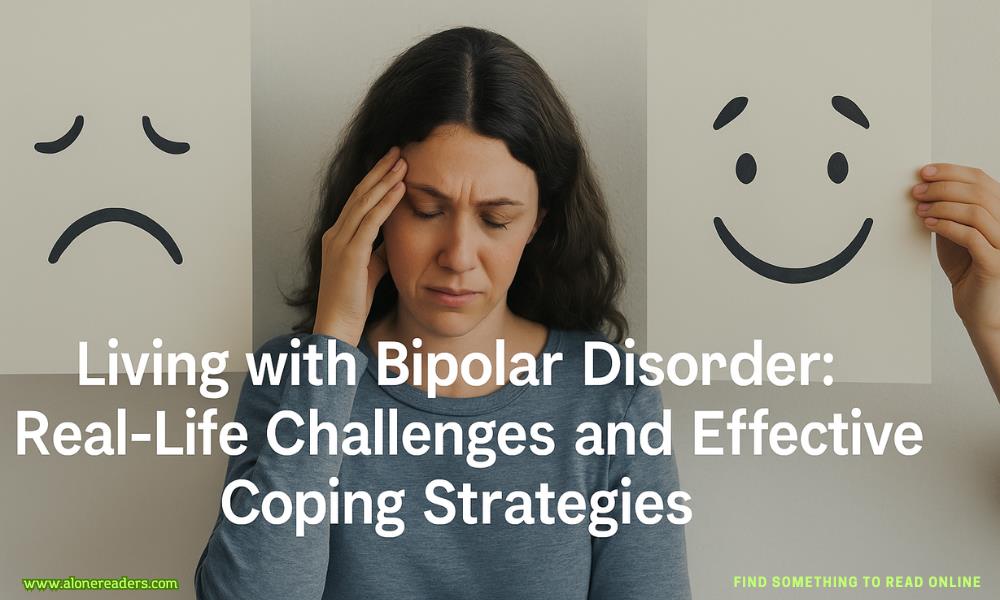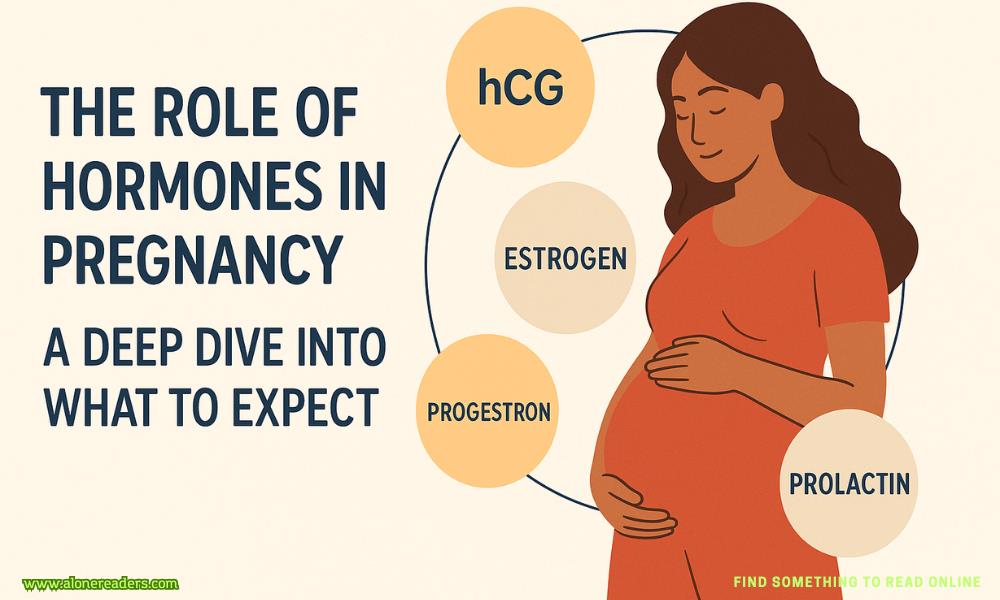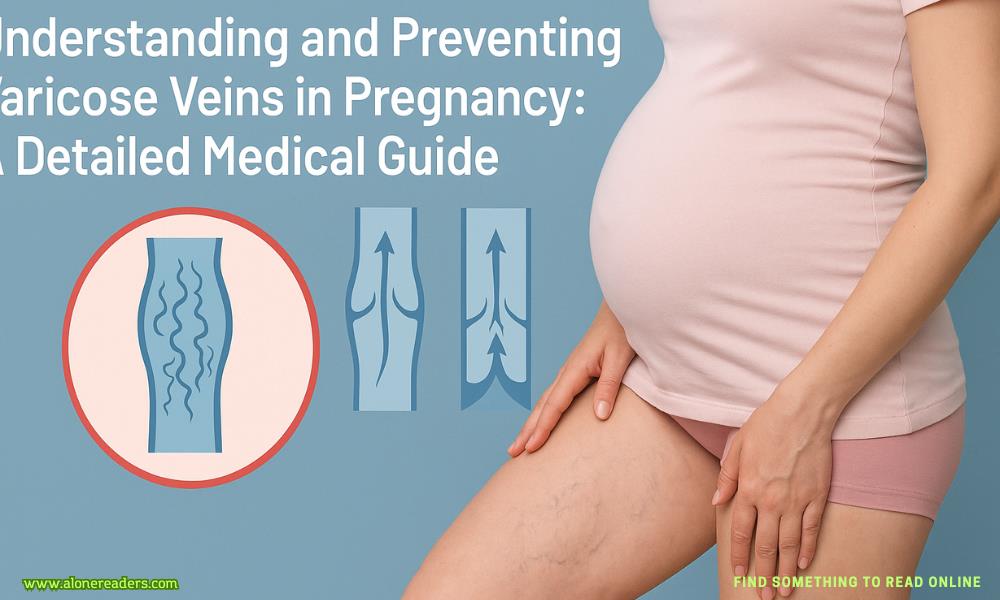Page 80 of Broken Country
“Do you find the defendant guilty or not guilty of count one, the charge of murder?”
The pause can last no more than a second. But you don’t know how long a second can feel when your husband stands accused of murder.
“Not guilty.”
I must have been holding my breath. It rushes out of me, an outpouring of relief. Beside me, Eleanor shouts, “Yes,” and my father turns to me and says: “Thank God, thank God, thank God.”
It sounds like an incantation the way he says it.
A buzz of conversation rises from the press bench.
“May we have quiet in the court, please,” the judge says. The clerk waits for the noise to settle before he speaks again.
“Do you find the defendant guilty or not guilty of count two, the charge of manslaughter?”
Another fragment of time passes. There are lifetimes, whole worlds within it.
“Guilty.”
The word is a pistol fired in the courtroom.
“No! Noooooo!” My cool, collected sister is screaming into the silence.
There is the roar of shock around me, from Eleanor, from my father, from my mother, and from all these people for whom the verdict does not matter at all.
I’m on my feet, crying his name, batting away my parents and sister, who are trying to drag me back to my seat. I lean over the balcony, my father still tugging at my wristand, at last, Frank looks up at me. He is already standing, two prison officers on either side of him, but he holds my gaze for as long as he can. He even smiles—how does he manage to do that?—and gives me a single nod before he is led away.
September 28, 1968
Leo and I are still cowering beneath the table when we hear the front door opening and footsteps running along the hall.
Gabriel’s or Jimmy’s?
“Beth!” Leo shrieks in terror, and I pull him more tightly against me.
“It’s all right,” Gabriel says, coming into the kitchen. “You can come out, Leo. It’s going to be OK.”
In the bright light of the kitchen, the three of us stand for a moment, looking at each other.
“Thank God,” I say, meaning,You’re alive, and Gabriel reaches out, as he did before, to touch my face.
“I’m going to drive Jimmy back to the farm, but he’ll only go if you come too. I think he wants to make sure you’re back with Frank.”
“No way,” Leo says, clamping himself to my side. “You’re not leaving me.”
“Leo,” Gabriel says, “listen. I won’t be long. You’ll be safe here, I’ll lock the door.”
“No. No. No.”
Leo has his eyes squeezed shut and he shakes his head back and forth, back and forth. He is visibly trembling.
“Leo can come too,” I say. “We can’t leave him on his own like this. We’ll sit in the back together.”
Outside, Jimmy is leaning against the bonnet of Gabriel’s pale blue Wolseley, his whole body tilting to the left, as if he might just slide to the ground in a moment. It’s an incongruous sight, this raddled, red-faced farmer wearingyesterday’s clothes, slumped on a car so spotless and shiny it looks as if it’s come straight from a showroom.
“Into the car, then,” Gabriel says. He is curt, a little sharp, the voice of an irritated parent, not an equal.
Jimmy lifts his head to look at him. “You talking to me?”
- Her Desert King by Marian Tee
- A Wife's Duty by Sam Crescent
- The Gift that Keeps On Giving by Jessa Kane
- Hard Hearts by Ella Goode
- Obsidian Devotion by Sylvia Rae
- Sold to the Single Daddies by Summer Haze
- Coast by Jessica Gadziala
- Jezebel's Liberation by Lacy Rose
- A Touch of Fate by Cora Reilly
- Relentless Knight by Lisa Cullen
- The Cheerleader by Jade Marshall
- With this Ring by Sierra Cartwright
- Axel by Kelly Finley
- Ice Cold Liar by Cynthia Eden
- Her Daddies' Everything by Laylah Roberts
- Bound By Lust by Rose Marie







